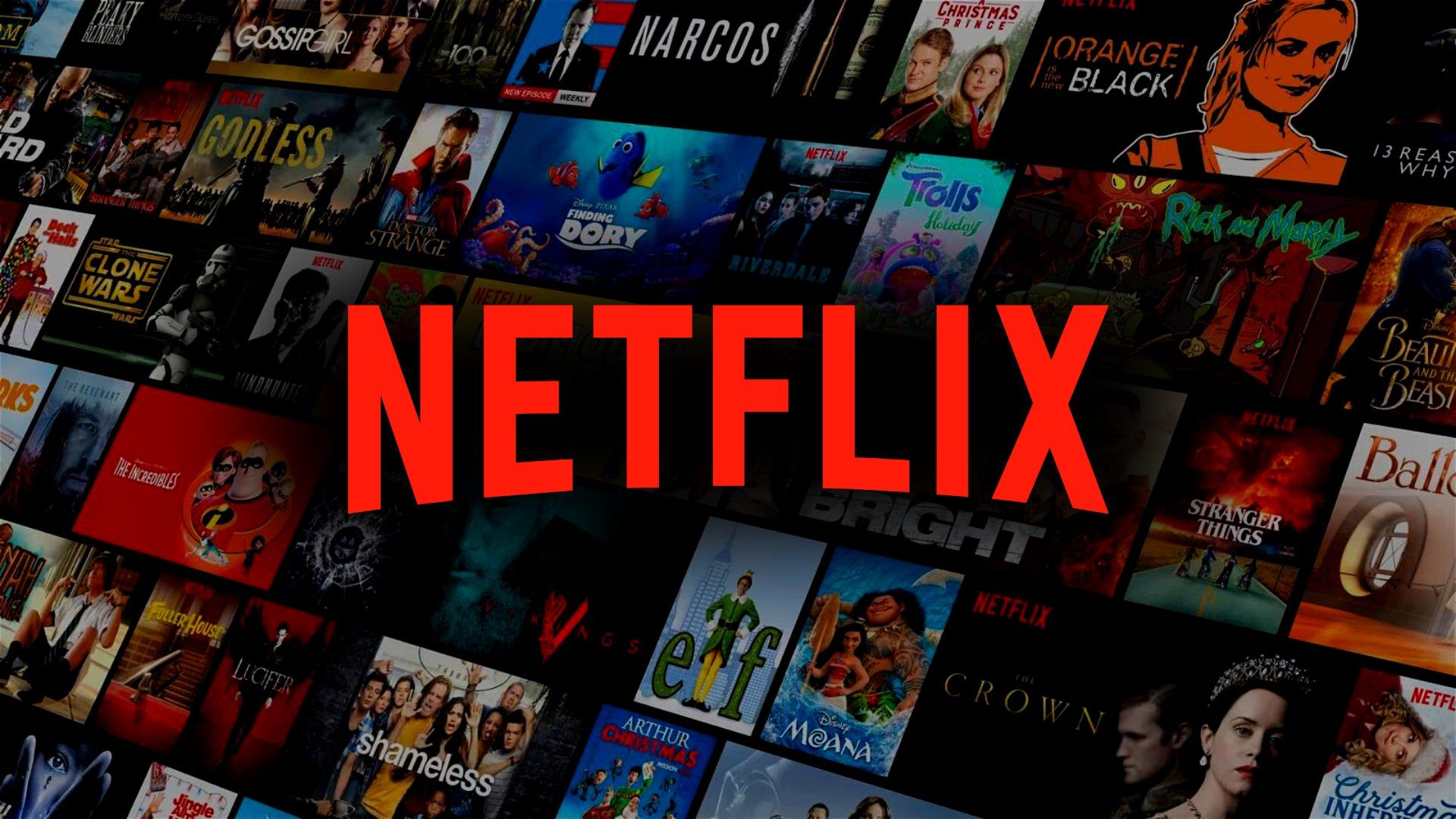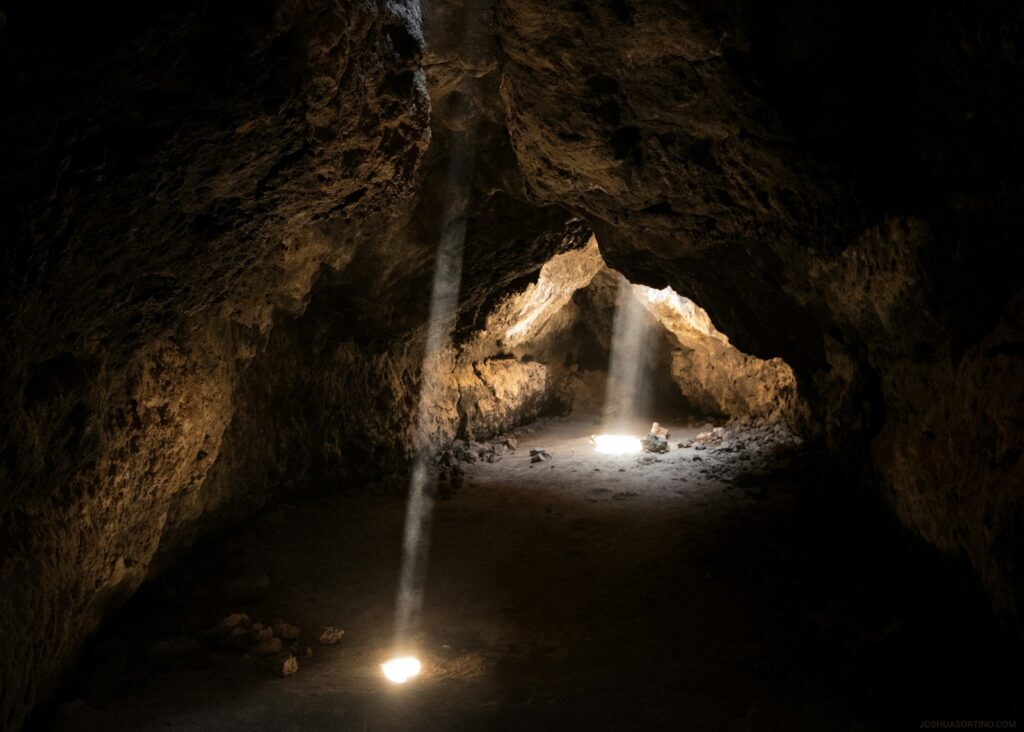
When Dark premiered on Netflix in 2017, it quickly established itself as a unique force in the crowded landscape of prestige drama. Far from being a passing trend, the German science fiction series became an internationally acclaimed phenomenon, celebrated for its intricate storytelling and philosophical depth. Its narrative fused questions of fate and free will with a deeply human tale of interconnected families, earning it recognition as one of the most important series of the decade.
The show’s approach to time travel set it apart. Rather than presenting time as a linear progression, Dark created a narrative puzzle where every choice reverberated across generations. The quiet town of Winden became the stage for a story that demanded close attention, rewarding viewers with layers of symbolism, emotional resonance, and shocking revelations.

The Core Premise: Winden’s Clockwork Universe
At its heart, Dark is a story about time, family, and the consequences of human actions. The disappearance of Mikkel Nielsen serves as the catalyst for uncovering Winden’s hidden history and its deep ties to a mysterious wormhole beneath the nuclear power plant. This single event unravels a labyrinth of secrets connecting the Nielsens, Dopplers, Tiedemanns, and Kahnwalds across multiple eras.
The series distinguished itself with its sophisticated use of the bootstrap paradox, where cause and effect blur into a loop. Characters do not simply visit the past or future; they become trapped in cycles where their actions ensure the very outcomes they struggle to prevent. Winden itself emerges as a character, shaping and binding its residents to a destiny that transcends time.

The Characters: Interwoven Destinies
One of Dark’s greatest strengths is its large ensemble of characters, each intricately tied to the town’s mysteries. Jonas Kahnwald’s transformation from a grieving teenager to a key figure in the temporal conflict is central to the story. Ulrich Nielsen’s search for his missing brother, Mads, reveals how the past continually intrudes on the present.
Claudia Tiedemann evolves into a central strategist with deep knowledge of time travel, while Noah emerges as a complex antagonist whose motives are gradually revealed. Martha Nielsen’s intelligence and determination drive much of the narrative, and Hannah Kahnwald’s shifting loyalties highlight the personal costs of desire and betrayal. Together, these characters embody the series’ central theme: the inescapable intertwining of past, present, and future.

Season One: The Genesis of the Time Loop
The first season introduces Winden as a town shaken by Mikkel’s disappearance, but the mystery quickly expands beyond a missing child case. The nuclear plant and its underground cave become central to the story, while viewers discover that Winden is trapped in a repeating time loop spanning decades.
The finale delivers a stunning twist: the mysterious stranger is revealed to be an older Jonas, and Mikkel is unmasked as Michael Kahnwald, Jonas’s father. These revelations reframe the entire narrative, establishing the cyclical tragedy at the heart of the series.

Season Two: Parallel Realities and Adam’s Revelation
The second season deepens the story by introducing parallel timelines, where familiar characters appear in altered roles. Jonas struggles to change the past but only strengthens the loop, while his bond with Martha becomes central to the unfolding conflict.
The season’s climax introduces Adam, a disfigured older version of Jonas who has been orchestrating the cycle. His goal is to create a new world free of suffering, but his methods expose him as both a visionary and a destructive force. This revelation positions Jonas in direct conflict with his future self, setting the stage for the final season.

Season Three: Confronting Fate and Free Will
The third season shifts focus to multiversal realities, where Jonas and Martha attempt to escape the cycle but inadvertently create new paradoxes. The narrative explores determinism versus free will, forcing characters to confront whether their choices are truly their own or predetermined by time.
The finale resolves the mystery with an emotionally powerful revelation: the entire loop is a vast bootstrap paradox. Jonas and Martha ultimately sacrifice themselves to break the cycle, bringing peace to Winden and offering viewers closure without abandoning the show’s philosophical complexity.

Critical Acclaim and Lasting Legacy
Dark received widespread praise for its ambition, narrative structure, and emotional depth. Rotten Tomatoes gave its first season a 90% approval rating, with later seasons scoring even higher, including a near-perfect 100% for season two. The BBC ranked it among the best TV series of the 21st century, and BuzzFeed listed it as one of the greatest of all time.
The show also earned industry recognition, including the 2018 Grimme-Preis award, honoring its writers, directors, and cast. Critics highlighted its sophisticated narrative and haunting cinematography, while fans embraced its complexity, generating theories that continue to spark debate long after the series concluded.

Themes and Symbolism: Beyond Time Travel
Beyond its plot mechanics, Dark explored themes of family, trauma, and the cyclical nature of history. It posed enduring questions about human agency, the weight of ancestral choices, and the tension between faith and determinism. Biblical and mythological references added depth, while the interplay of light and shadow reinforced the ambiguity between knowledge and ignorance, hope and despair.
This philosophical richness elevated Dark beyond standard genre television. It became both a narrative puzzle and a meditation on human existence, ensuring its place as one of the most influential science fiction dramas ever created.

Dark transcended the conventions of time-travel storytelling, offering a profound reflection on fate, family, and love. Its intricate structure, unforgettable characters, and thematic depth made it a global phenomenon and a benchmark for intelligent, emotionally resonant science fiction.
The series leaves behind not only a complete story but also an enduring legacy. It invites audiences to question the nature of time, the meaning of choice, and the ways in which our past shapes our future. Dark will remain a touchstone for both television artistry and philosophical storytelling for years to come.



